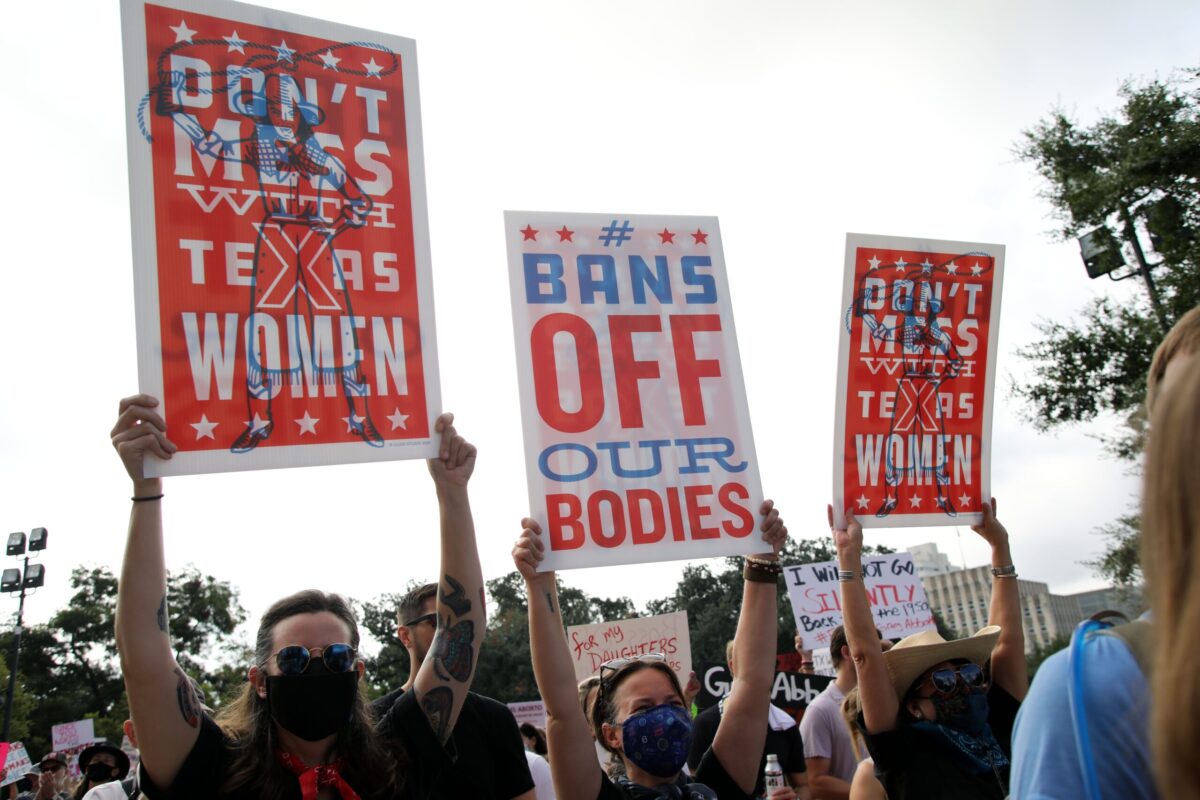Gender-Affirming Care, Abortion, and the Politics of Science: A Response to Wuest’s ‘Born this Way’
Wuest highlights the contingency of scientific claims not only in LGBTQ+ advocacy but also in legal advocacy for and against abortion access.
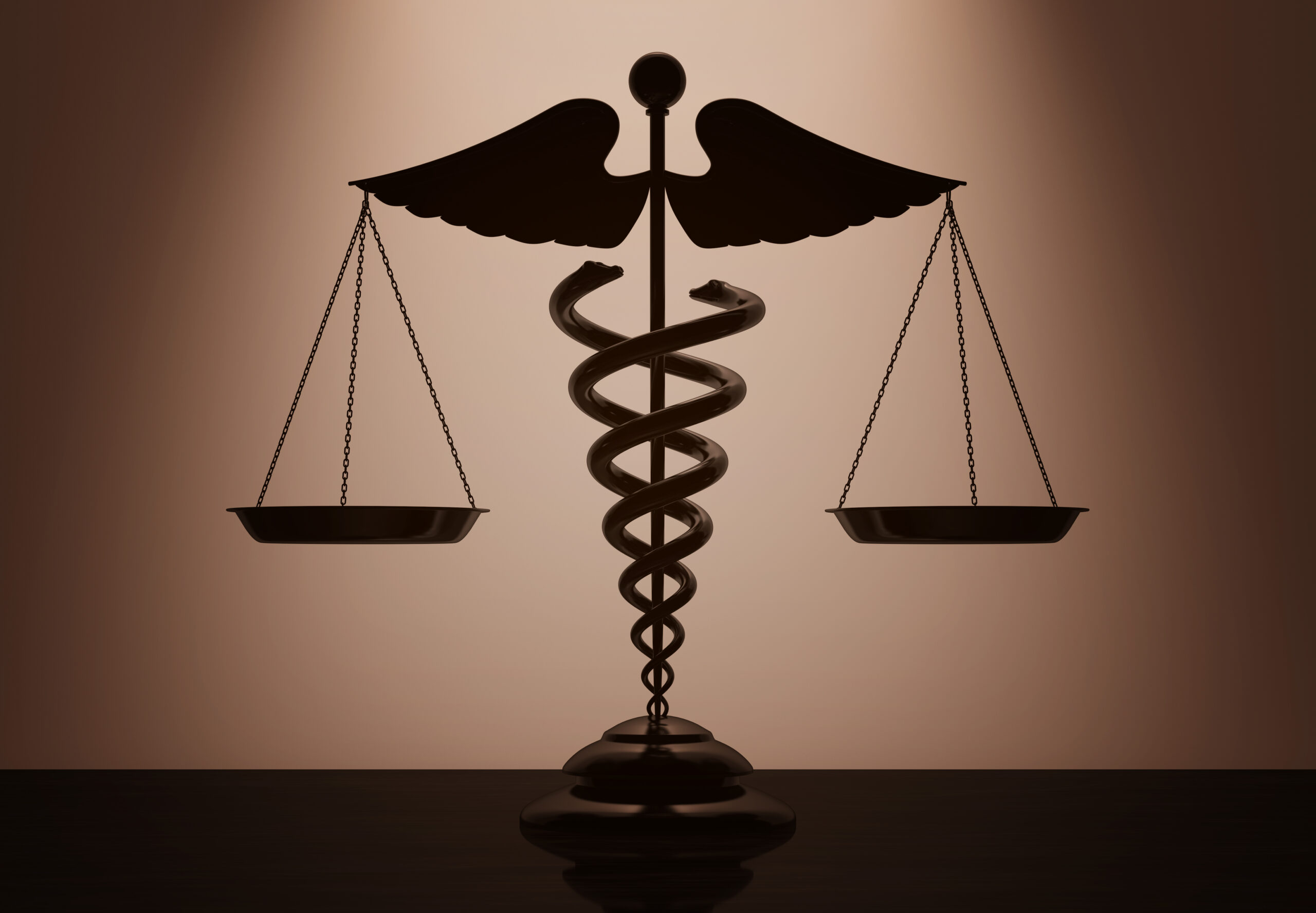
Wuest highlights the contingency of scientific claims not only in LGBTQ+ advocacy but also in legal advocacy for and against abortion access.

Scientific uncertainty does not mean that parents, judges, and legislators lack the information they need to serve the best interests of children.
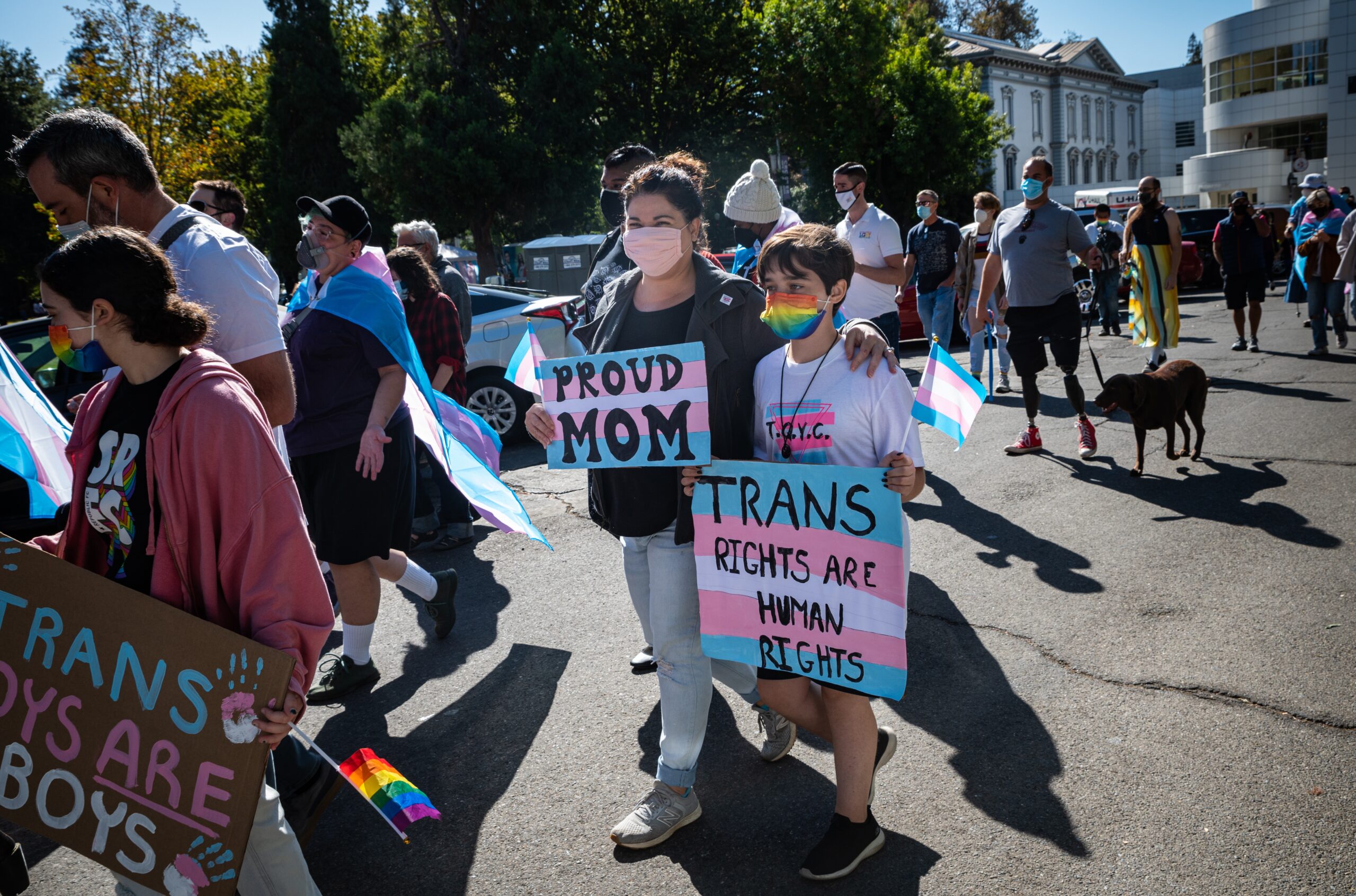
As often as scientific evidence has advanced reproductive rights, abortion foes have used claims about scientific uncertainty to justify new restrictions.
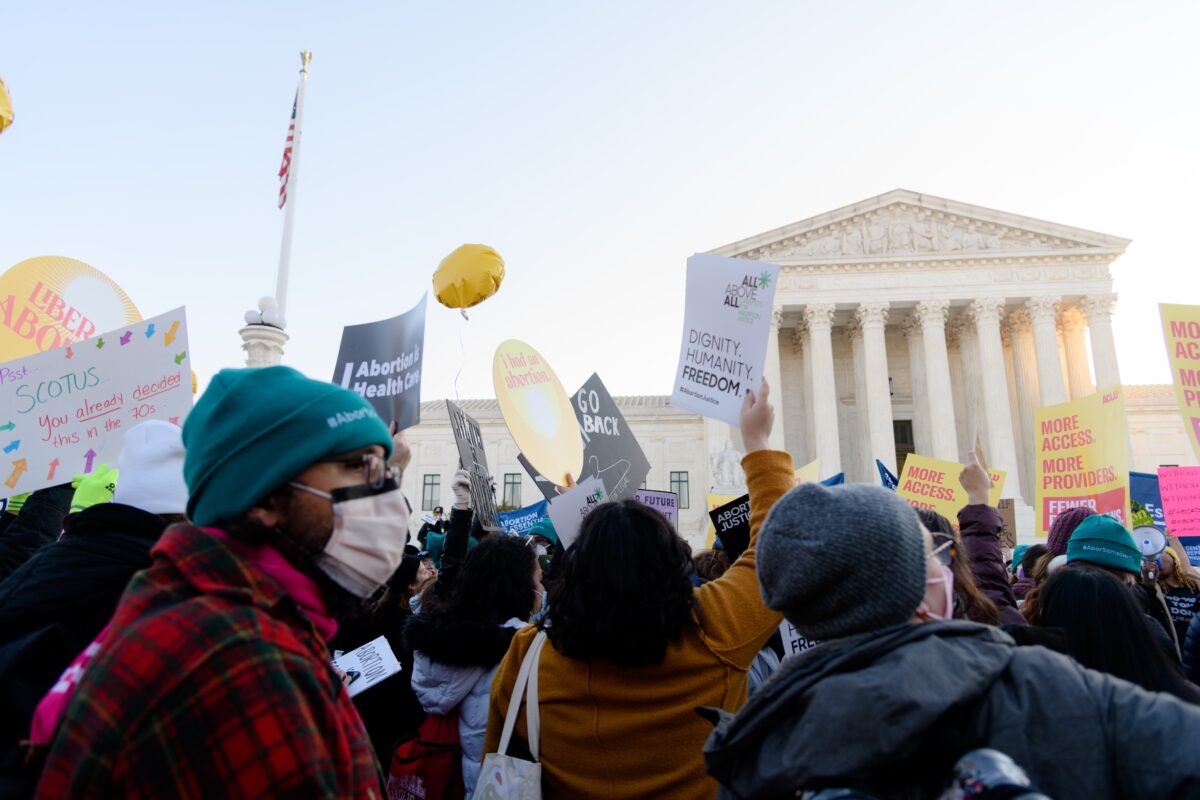
This symposium reveals uncertainty’s relevance to abortion access, the legality of gender-affirming care, intersex rights, and child custody disputes.
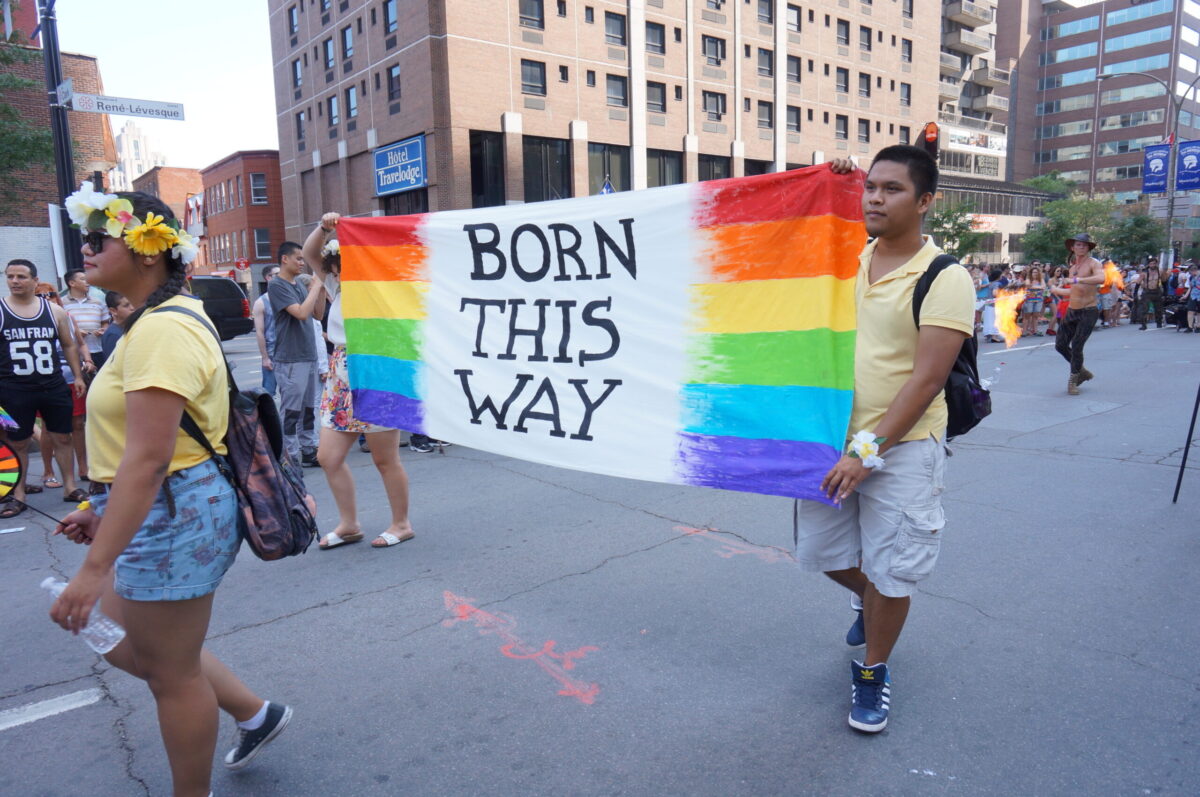
The law surrounding reasonable modifications in health care is well-settled, but practical realities pose challenges to securing accommodations.

Treating embryos more like persons will ultimately result in fewer people born and fewer families formed.
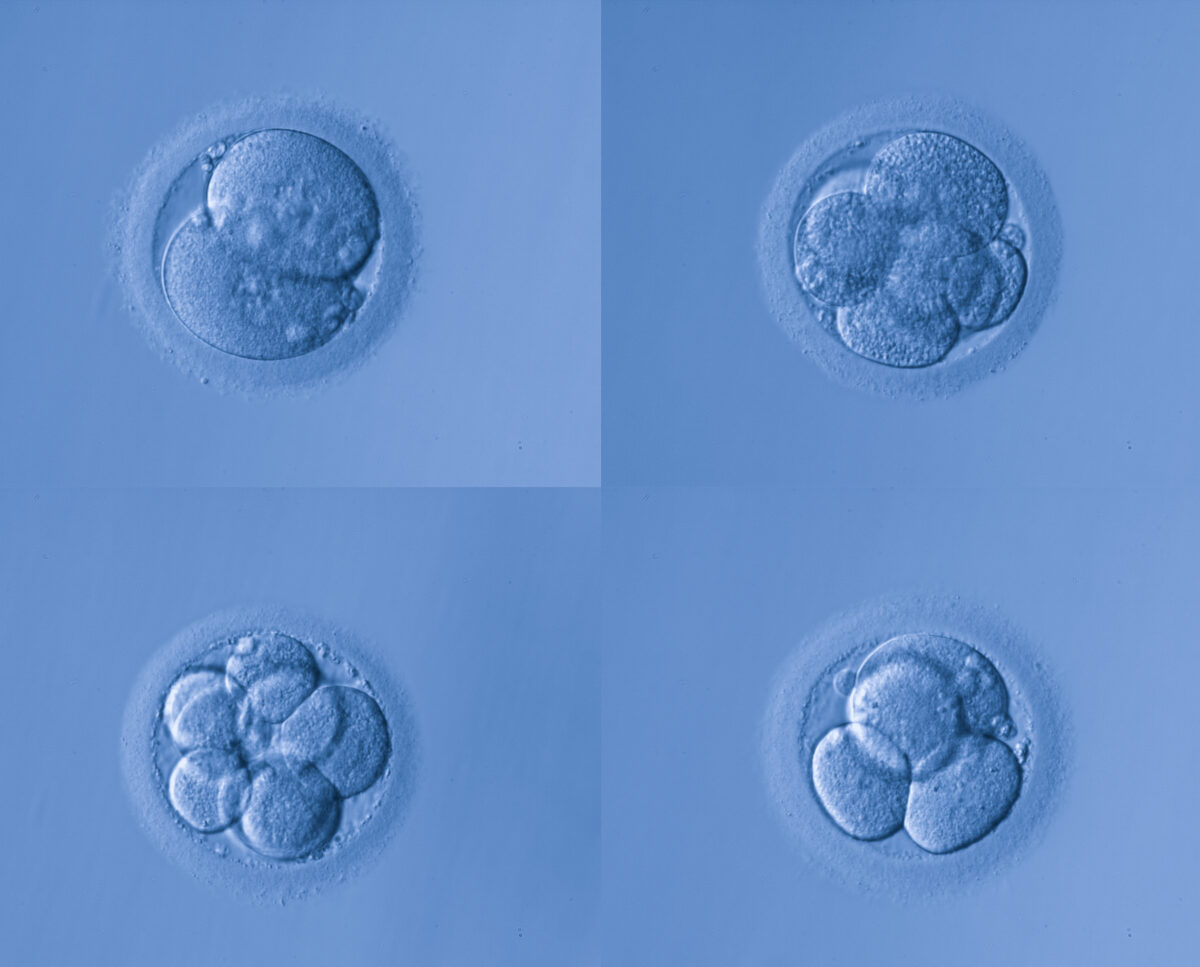
Abortion bans have made all reproductive health care less safe, and new pregnancy-related dangers may disproportionately impact assisted reproduction.
